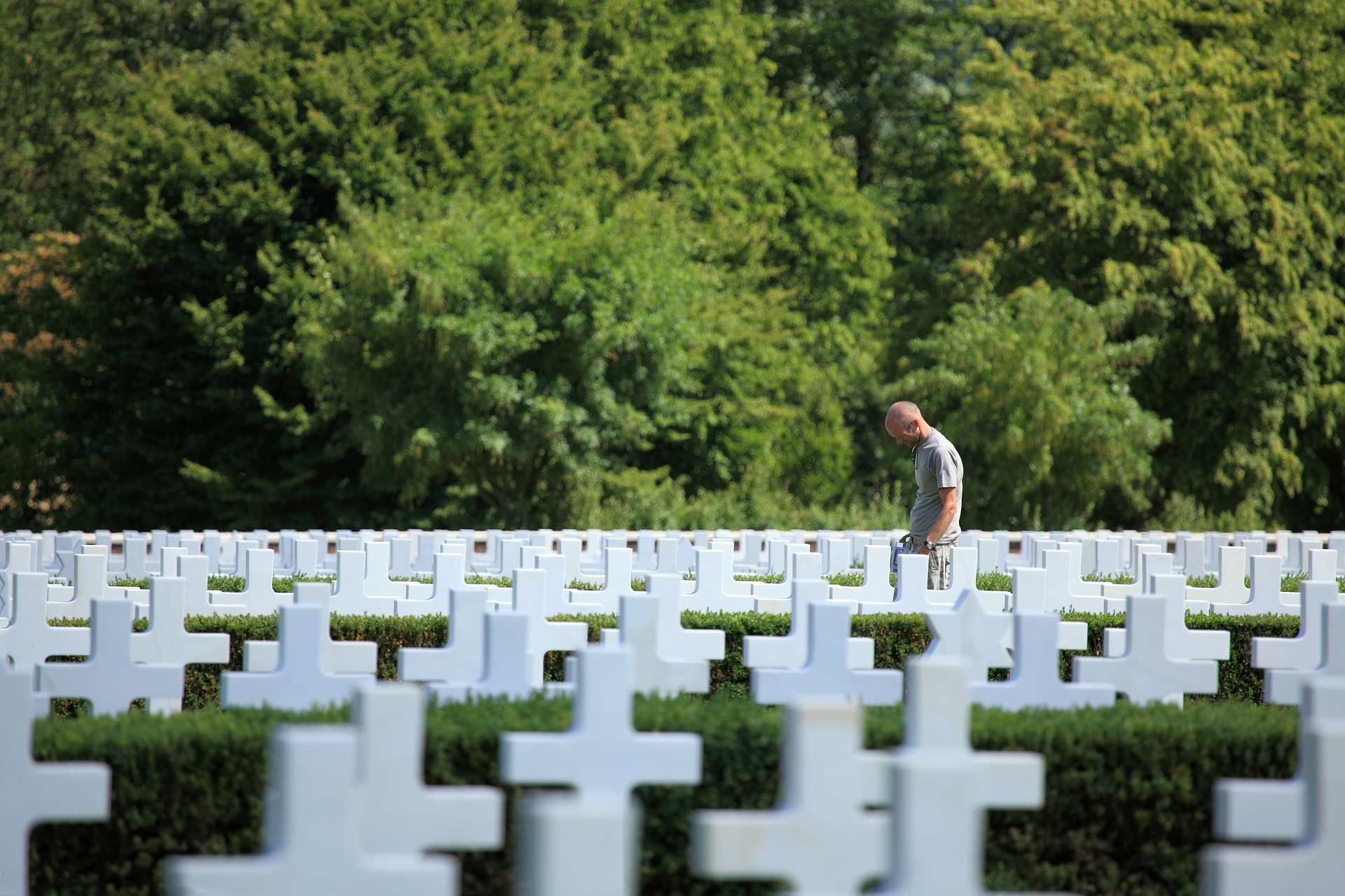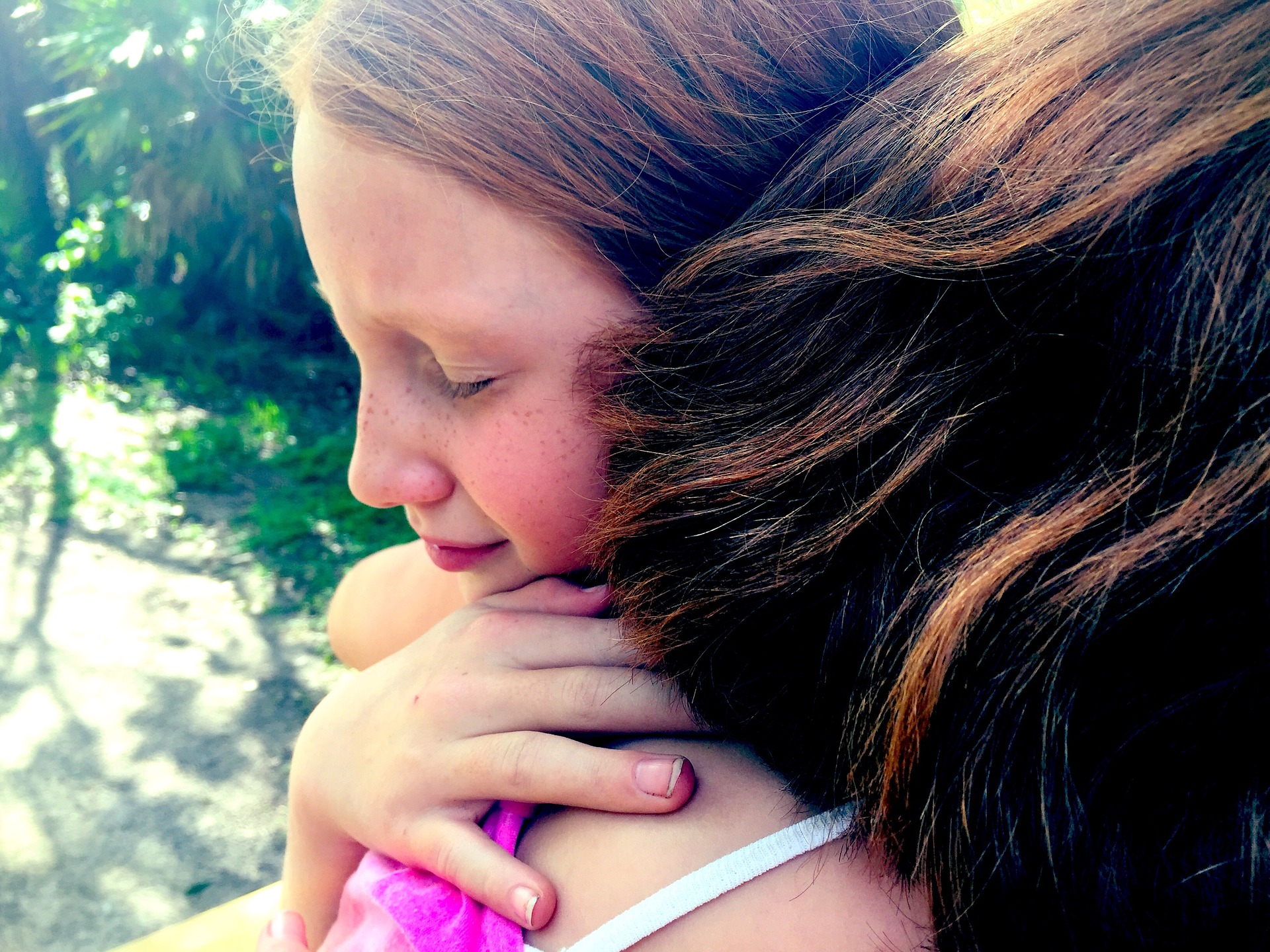The holidays are especially hard on those mourning the loss of loved ones and friends.
And that suffering is often made worse by well-meaning-but-nervous friends who don’t know what to say — or not say — to those who are grieving.
“A lot of people worry about the right thing to say, when really there is no right thing,” said Stacy Sergent, a Baptist minister and staff chaplain at the Medical University of South Carolina in Charleston.
“But there are plenty of worst things that can be said,” she added.
Probably the worst are platitudes.
Like, “Don’t cry. Everything’s OK.”
Or, “God is in control.”
One of the worst is “everything happens for a reason.”
These and similar comments may lead someone to feel embarrassment and shame, which can lead to depression and physical health consequences for the person grieving, Sergent said.
“Platitudes really stifle grief and that’s not a healthy thing. One of the worst things you can do is tell someone not to feel what they’re feeling.”
That’s because the grieving process is connected to a person’s physical, emotional and even spiritual makeup, said bereavement expert Helen Harris, an assistant professor in the Diana R. Garland School of Social Work at Baylor University.
Grief must be taken seriously and allowed to play out in a person’s life. It impacts different people in different ways — some of which are more widely known, others that are not.
Most people are aware of the sadness, loneliness, disbelief and anger that accompany grief. But Harris said there are additional ways grief can be experienced.
‘Just be there for them’
“It affects every domain in our lives,” she said.
Cognitive impacts may include diminished attention spans and an inability to concentrate. Social lives also are disrupted.
“If my spouse dies, now I don’t fit into my couples Sunday school group, or maybe we played bingo or were in a dance club,” Harris said.
Grieving children can be especially hard hit, socially, because few if any of their peers have experienced grief, she said.
Grief-induced stress also weakens immune systems, making sufferers more vulnerable to cold and flu viruses and other ailments.
The spiritual impacts are also serious.
“We wonder why a God who loves us let this happen to us or to our loved one,” Harris said. “We may struggle with how to make sense or meaning out of the loss.”
All of that can be true for uncomplicated experiences of grief, namely those in which healthy relationships existed with the person who died. Complicated situations, in which the death was sudden or violent, or were preceded by family conflicts, can add more layers to the grieving process, Harris said.
No timelines can be given to the duration of grieving, which is often heightened at the holidays, Harris said.
“That is absolutely true.”
Waves of grief can be expected not only at Thanksgiving and Christmas but at other milestones, such as birthdays, the birth of children and grandchildren, the weddings of surviving children and other events.
“Give people permission to acknowledge that they are grieving and that that doesn’t make you a bad Christian or a weak person to wish things were different,” Harris said.
For those looking on and feeling helpless, it’s best to communicate quietly an availability to listen if desired, Sergent said.
They may want to be alone or they may want to tell stories about the one they lost, she added. In those cases, just let them talk.
“Just be there for them.”






